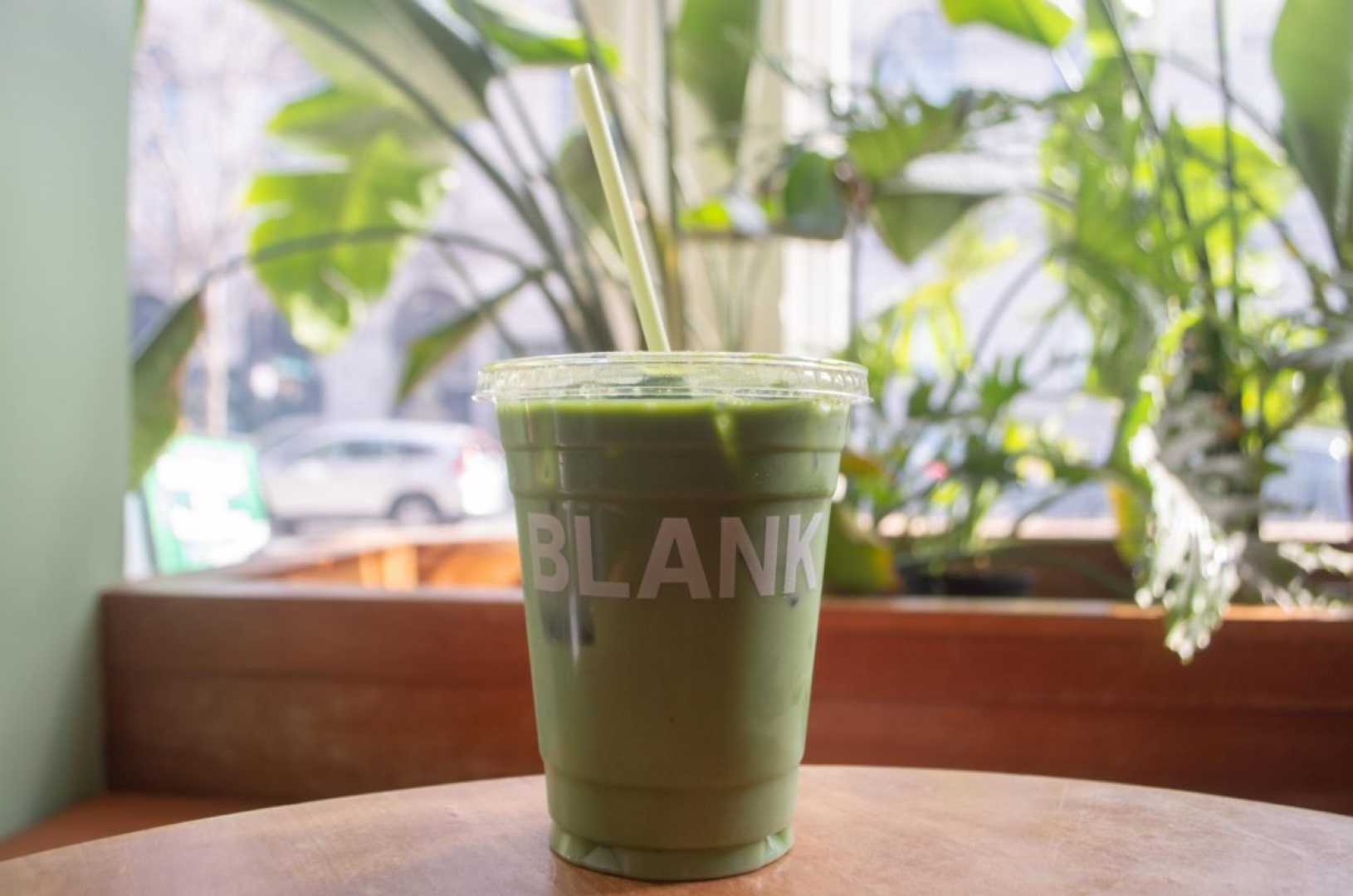Matcha Madness: Boston and New York Influencers Share Trends

BOSTON, Massachusetts — Matcha continues to capture the attention of coffee lovers and health enthusiasts alike in cities like Boston and New York. Leah Magno, a Boston-based social media influencer, remarked on the surge of matcha’s popularity, saying, “I definitely think there’s such a big community of matcha lovers out there, especially in Boston. I think it’s booming more than ever.”
Magno’s interest in matcha began in 2019 when it started gaining traction in her college circle. She notes that while matcha was popular back then, it is now a ubiquitous presence in cafes across the city.
Sarah Mason, a fellow influencer from New York, echoes similar sentiments but emphasizes the rich history of matcha. She notes that matcha was introduced to Japan by a Zen Buddhist monk in the 12th century, where it was traditionally prepared in a chawan tea bowl.
Today, matcha is sourced from tea farms in Uji, Japan, and is processed into the fine green powder found in shops. Mason has been a passionate matcha drinker since her teenage years and moved to Boston for college to discover the best local matcha spots.
After rigorous taste testing, she has compiled a list of 40 favorite matcha locations, enjoying variations such as the matcha latte, which combines matcha, milk, and often syrup. Mason’s top pick is a cafe in the South End with a walk-up window known for its homemade almond milk.
Magno’s preferred cafe is another local spot where she enjoys a well-balanced matcha latte and unique offerings like the matcha Einspänner—a matcha latte with sweet cream—and the Pandan matcha latte, reminiscent of her childhood dessert.
Both influencers highlight the importance of quality when selecting matcha, criticizing places that do not properly prepare the drink. “I’ve had a bunch that have been very subpar,” Mason stated, while Magno expressed frustration over paying high prices for inferior lattes.
The rising demand for matcha is also causing supply issues in Japan, with some stores imposing purchase limits on matcha tins. Despite these challenges, Magno and Mason are thrilled to see matcha gaining widespread attention.
Mason appreciates the cultural significance of matcha and its representation of Asian culture on social media. Magno adds, “I’m a firm believer, if you’re going to honor a culture, honor it correctly.” As matcha continues to evolve in the coffee scene, enthusiasts are hopeful that it will transition from a trend to a classic staple in cafes.
